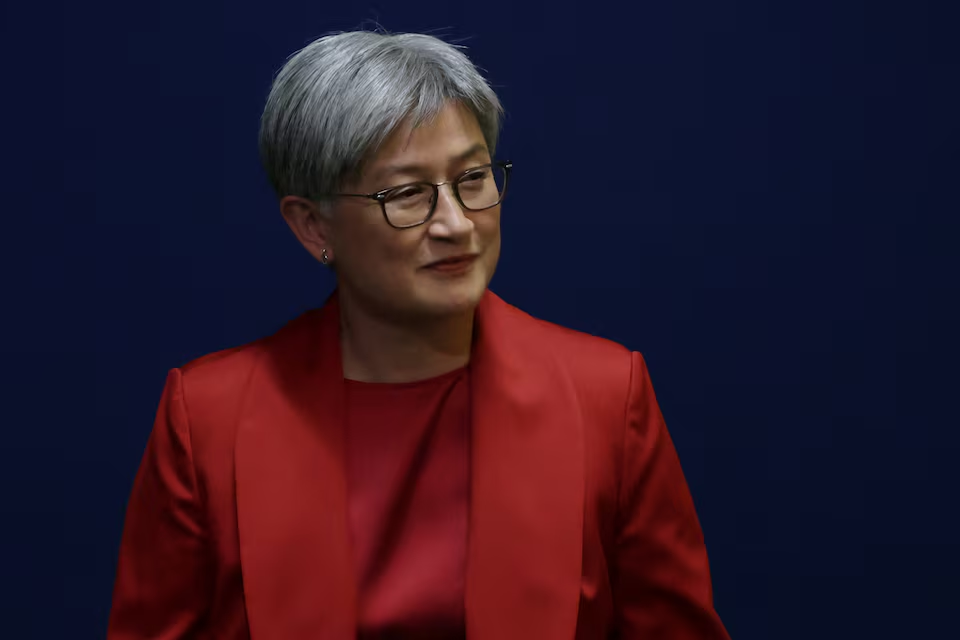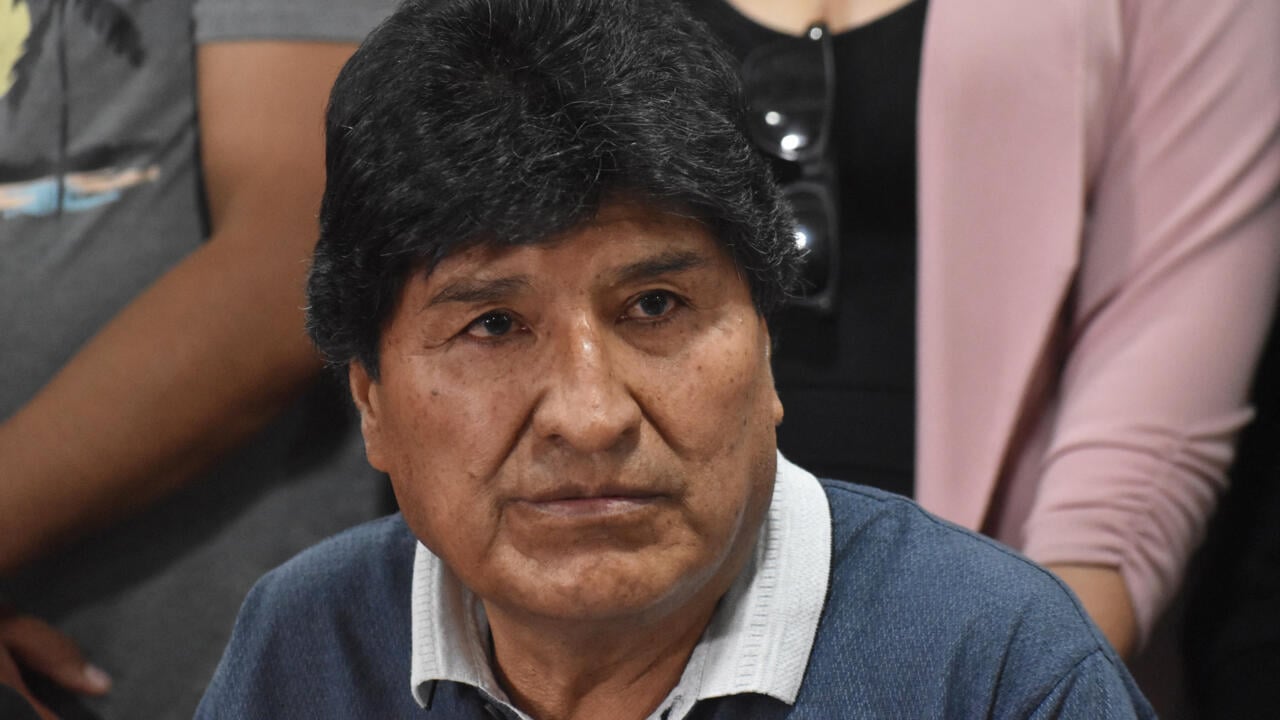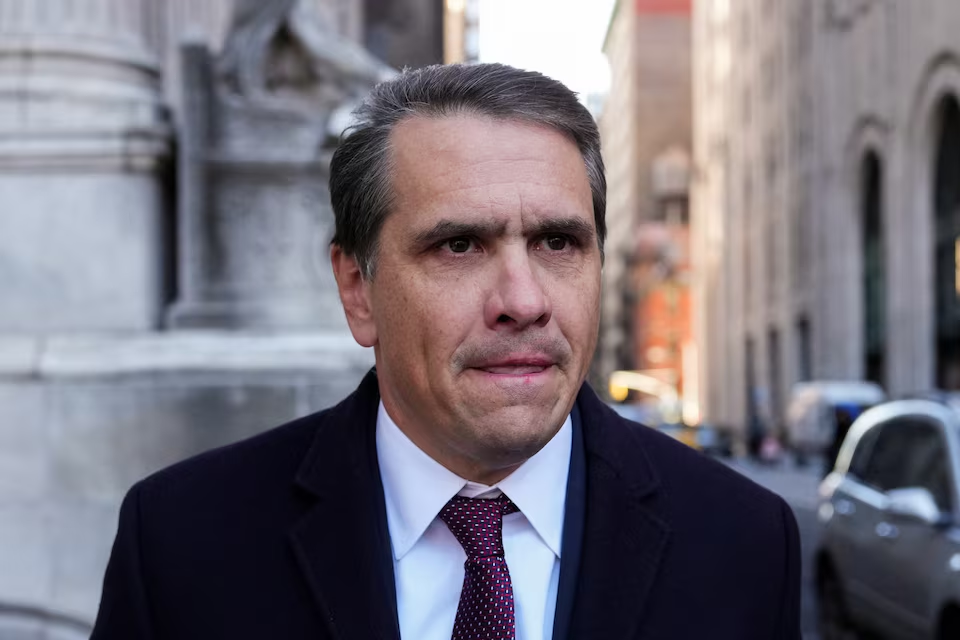Australia will preserve tariff-free trade access for Pacific Island nations despite reductions in aid spending, Foreign Minister Penny Wong confirmed on Monday, signaling Canberra’s ongoing commitment to regional economic ties even amid domestic budget constraints.
The announcement comes as several Pacific nations voice growing concern over aid reductions introduced in Australia’s latest federal budget. While development assistance to the region has long been a cornerstone of Australia’s foreign policy, economic pressures have forced the government to recalibrate its spending, drawing scrutiny from both regional partners and domestic critics.
“We are maintaining tariff-free access for our Pacific neighbors because we recognize the importance of economic integration as a pathway to sustainable development,” Wong said during a press conference in Canberra. “Trade, not just aid, must be central to our engagement with the region.”
The tariff-free arrangement is part of the Pacific Agreement on Closer Economic Relations Plus (PACER Plus), a regional trade pact signed in 2017 aimed at fostering economic growth, investment, and regional stability. The agreement allows Pacific nations to export goods to Australia and New Zealand without duties, offering critical access to two of the region’s largest markets.
Pacific governments have expressed alarm over Australia’s decision to scale back development funding by nearly 10% over the next three years. For many small island nations, Australian aid supports vital sectors including healthcare, education, and climate resilience.
Fiji’s Foreign Minister, Inia Seruiratu, acknowledged the continued trade access but warned that reduced aid could worsen inequality and economic fragility. “We welcome Australia’s commitment to free trade, but we hope that aid programs will be restored when fiscal conditions improve,” he said.
Minister Wong assured regional partners that Australia’s long-term engagement remains unchanged. “This is not disengagement. We are simply adjusting how we support our neighbors,” she said. “In many cases, trade and private sector growth can offer more durable benefits than one-time grants.”
Canberra’s strategic priorities in the Pacific have intensified in recent years, largely in response to China’s growing influence in the region through aid, infrastructure, and security partnerships. Analysts believe Australia’s dual approach—economic openness combined with targeted aid—aims to reinforce its role as the region’s leading partner without overextending its fiscal resources.
Still, aid groups and some lawmakers criticized the government’s decision, saying it risks undermining diplomatic goodwill and developmental progress in vulnerable island states already grappling with the effects of climate change, rising debt, and inflation.
“Australia must do more than offer market access. We must provide real, sustainable support,” said Greens senator Jordon Steele-John. “Cutting aid during a time of global uncertainty sends the wrong message.”
The government responded by highlighting plans to redirect remaining funds toward infrastructure investment, education exchanges, and disaster preparedness initiatives—areas where it believes support can be more strategic and impactful.
Despite the controversy, Australia’s commitment to maintaining zero-tariff trade is being viewed as a critical stabilizer in the relationship. Trade accounts for a large portion of GDP in many Pacific nations, and any disruption in access to Australian markets could have serious economic consequences.
Wong concluded her remarks by emphasizing regional solidarity. “The Pacific family matters to us—not just because of geography, but because of shared values and mutual respect,” she said. “This is about partnership, and partnership must evolve to meet today’s challenges.”
As Canberra navigates economic pressures at home and a complex strategic landscape abroad, its policy toward the Pacific is now balancing between maintaining leadership and managing limited resources—a test that will shape its role in the region for years to come.
Source: Reuters



